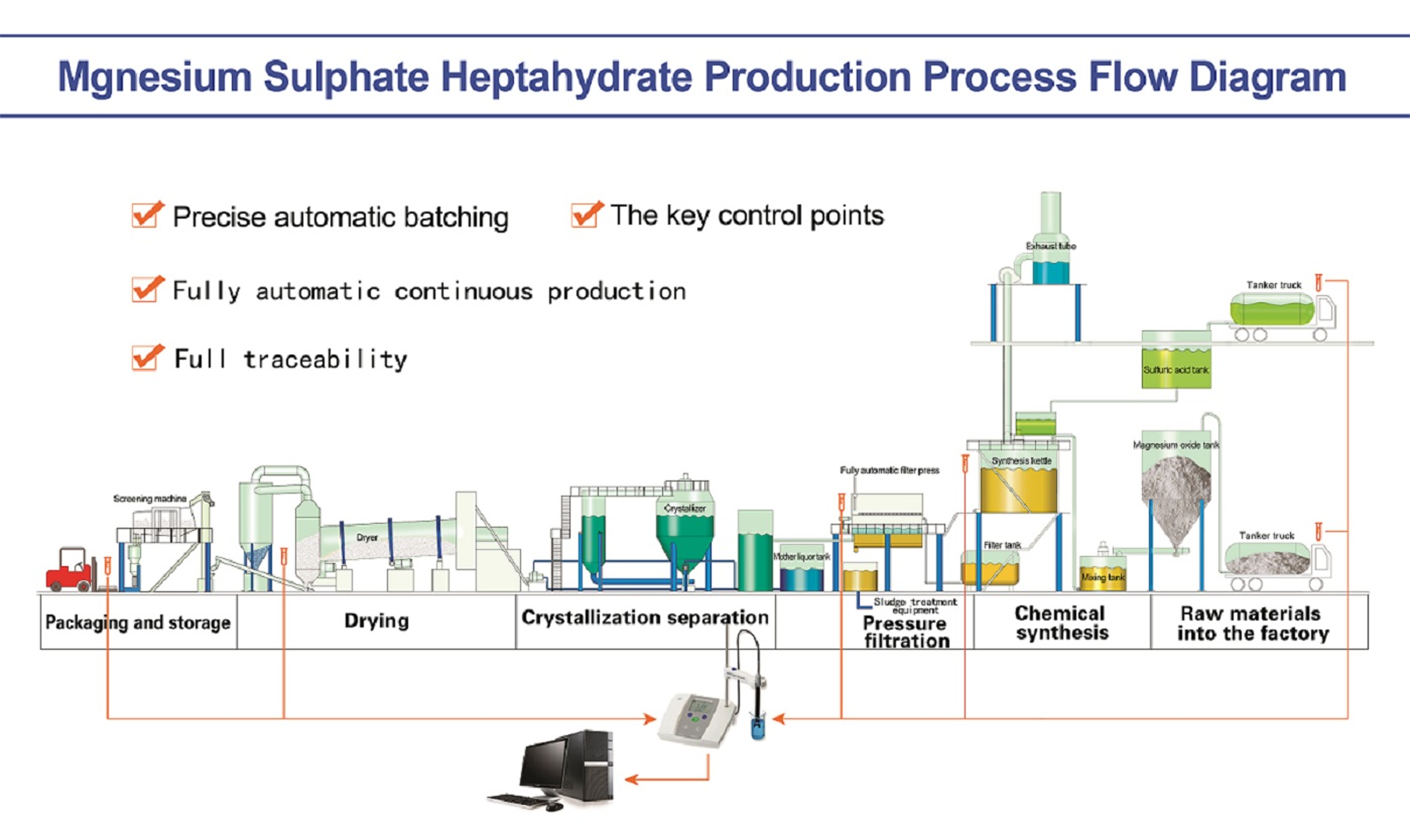Sodium carboxymethyl cellulose (CMC) is a versatile compound with a wide range of applications across various industries. Here are some common uses:
1. **Food Industry:**
- **Thickener and Stabilizer:** CMC is widely used as a thickening agent and stabilizer in the food industry. It can improve the texture, viscosity, and mouthfeel of a wide range of food products, including sauces, dressings, dairy products, and baked goods.
- **Emulsifier:** CMC can also act as an emulsifier, helping to stabilize oil-in-water emulsions in products like salad dressings and ice cream.
- **Binder:** In food processing, CMC can serve as a binder to improve the cohesion and texture of meat products, such as sausages and burgers.
2. **Pharmaceuticals:**
- **Tablet Binder:** CMC is commonly used as a binder in pharmaceutical tablet formulations. It helps hold the ingredients together and ensures uniformity in the tablet's structure.





